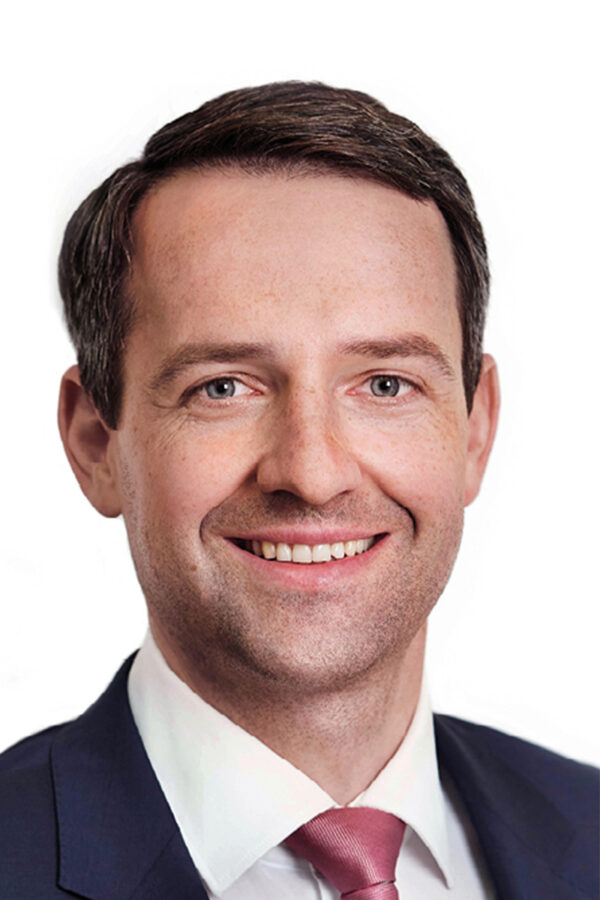Agile Contracting
Creating fair & flexible contracts
Agile projects are characterized by their high flexibility in regards to their requirements. However, these are not necessarily complete at the beginning of projects and are therefore difficult to map contractually. Due to the increasing complexity of projects, suitable contracts are needed for this purpose.
“An agile project is predominantly defined by the product vision rather than by a detailed description of the contractual objects.”
Agile projects pose new challenges for procurement regarding tenders.
- The detailed project description at the start of the contract, such as in the waterfall model, hinders agility. Agile projects live from product vision and an iterative approach.
- The flexibility of the agile approach means that requirements can change. This must be possible without a change request.
- An order based on a service rendered, for example, a work sample, is the exception and must be represented separately in the contract.
Agile Contracting provides an answer to the question of how the effort of new requirements can be evaluated “fairly” for both parties to the contract.
Agile Contracting offers a fair and flexible cooperation model.
When using agile contracting, the scope of services is not defined in detail at the beginning of the project. The contractor performs a requirement analysis at the beginning. This is used to determine a reference service, which is then incorporated into the subsequent document creation. During the agile tendering process, the suppliers estimate the effort for the specified reference service. Cost estimates are obtained based on previously defined reference points.
The quoted price represents the maximum price and can be re-evaluated by a pilot phase if necessary. Within this framework, defined requirements can be easily adapted without further costs or the need for a change request. This procedure guarantees budget security for both parties. Individual functionalities and use cases can be adapted flexibly to the needs of the client during the project.
Regular checkpoint phases allow the performance of the service provider to be evaluated. The performance becomes transparent and can be tracked and compared over several stages. The remuneration is based on the service rendered.
Agile contracting offers added value to the dimensions: Corporate culture – process – product
- The application of agile principles already shows in the tendering process whether there is a “cultural fit” between contractual partners or not. Working according to common values and principles provides more transparency and reduces barriers. It is the essential basis for cooperation.
- The process up to the conclusion of the contract becomes more effective and efficient through agility.
- The product backlog is created earlier and improved during the tendering phase with the help of market knowledge. Reference user stories facilitate changes during the contract period through new, previously unknown requirements.
Agile contracting provides the necessary framework to maintain the specified quality and budget, ensures transparency and timely communication, and evaluates performance at short intervals. The procedure for designing agile contracts can take different forms and characteristics depending on the complexity and scope of the service.
EFS Consulting has experience in building agile teams and the operative implementation of agile projects and product developments. With the knowledge of requirements and challenges related to agile projects in complex environments, EFS Consulting supports customers in the contract design and agile tendering processes.
Contact us for more information about Agile Contracts including risk–sharing, remuneration and governance.





